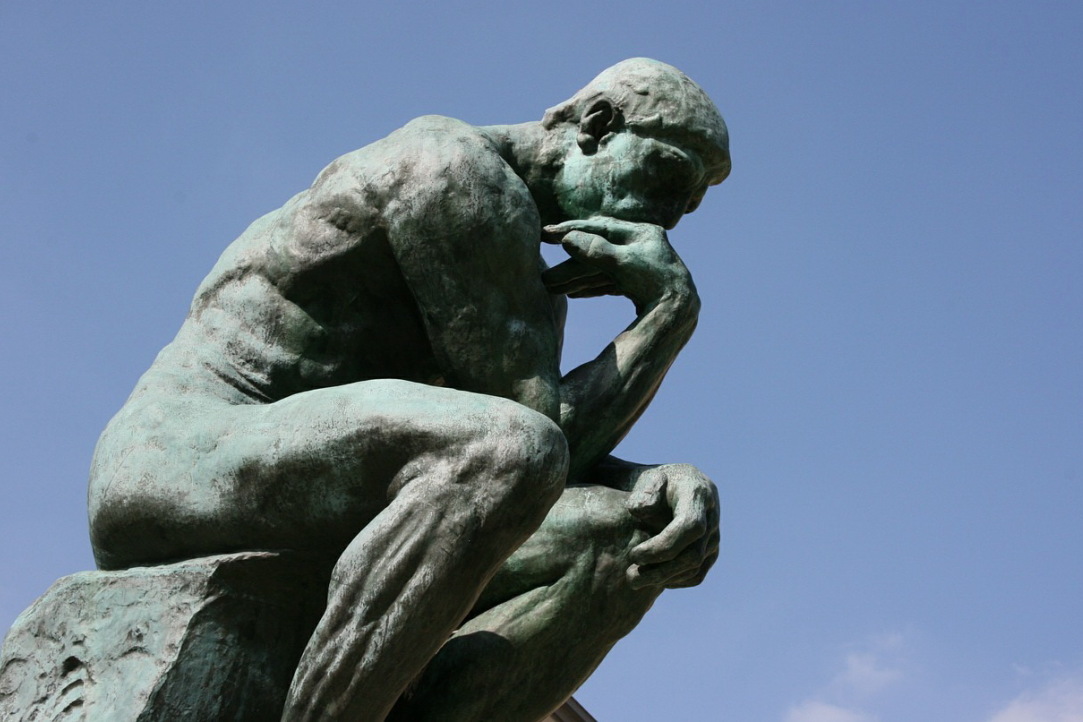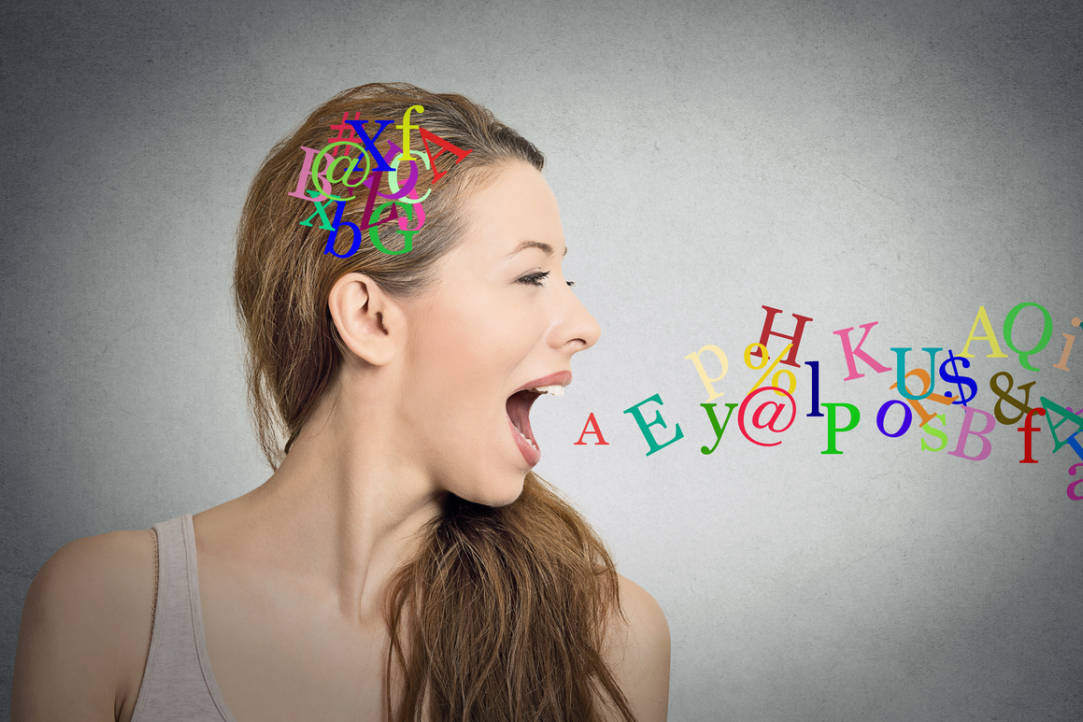
Altruism Is Changing Western Society
Altruism based on individual values is changing Western society. People in Western countries have seen a rise in individualism for quite some time, and this in turn helps to create generations of people with altruistic mindsets. Christian Welzel, Chief Research Fellow in the Laboratory for Comparative Social Research (HSE and Leuphana University of Lüneburg), teamed up with researchers from the University of Lausanne to conduct a study showing the connection between emancipative values and prosocial behaviour. The results of the study were published in the Journal of Cross-Cultural Psychology.
-%D1%85%D0%B8%D0%BF%D1%81%D1%82%D0%B5%D1%80-%D0%BA%D0%B5%D0%B4%D1%8B%20%D0%BD%D0%B0%20%D1%82%D1%80%D0%B0%D0%B2%D0%B5-pixabay.jpg)
A View from the Outside: Hipster and the City
In their study Hipsters in Russian Capital and Provinces: Legitimation of Social Phenomenon, Leda Skobeleva and Maria Plotnikova use responses from young people interviewed in Moscow and Nizhny Novgorod to construct the profile of a hipster. According to respondents in both cities, being a hipster is a fashion rather than a subculture or socio-political movement. Young people in Moscow and Nizhny Novgorod were also unanimous in describing typical hipster appearances and behaviour, such as preference for eco-fashion and organic food, as well as a peculiar mixture of high-end brands and sloppy ‘bomzh-style’ clothes.
-%D1%80%D0%B5%D0%B1%D0%B5%D0%BD%D0%BE%D0%BA%20%D0%B7%D0%B0%D0%BA%D1%80%D1%8B%D0%B2%D0%B0%D0%B5%D1%82%D1%81%D1%8F%20%D0%BA%D0%BE%D0%BB%D0%B5%D0%BD%D1%8F%D0%BC%D0%B8%20%D0%BE%D1%82%20%D1%81%D0%BA%D0%B0%D0%BD%D0%B4%D0%B0%D0%BB%D0%B0.jpg)
How to Prevent Lying and Drinking in Teens, According to Research
Adolescents who have a greater tendency to lie to their parents are also more likely to start using alcohol at an earlier age, while excessive parental supervision may aggravate rather than solve the problem. Both honesty and a lower risk of developing a drinking habit are usually the result of a trusting relationship between a teenager and parents, according to a joint study by New York University and HSE researchers, published at Journal of Adolescence.

Hedonism versus Harmony: Wrong Image of Happiness in Commercials
Happiness and harmony are the two mantras of most commercials. "Buy this stuff, and it'll make you happier," they promise. Yet they do not always succeed in increasing sales. One of the reasons may be that advertisers and their audiences have different views on happiness. While the former tend to reduce happiness to hedonism, pleasure-seeking and satisfying one’s desires here and now, the latter often refuse to limit happiness to simple enjoyment.

Researchers to Predict Cognitive Dissonance according to Brain Activity
A new study by HSE researchers has uncovered a new brain mechanism that generates cognitive dissonance – a mental discomfort experienced by a person who simultaneously holds two or more contradictory beliefs or values, or experiences difficulties in making decisions. The results of the study have been published in the paper ‘Open Access Neural Mechanisms of Cognitive Dissonance (Revised): an EEG Study’in The Journal of Neuroscience.
-%D1%81%D1%87%D0%B0%D1%81%D1%82%D1%8C%D1%8F-%D1%81%D0%BE%D0%B1%D0%B0%D0%BA%D0%B0-%D1%83%D0%BB%D1%8B%D0%B1%D0%B0%D0%BA%D0%B0.jpg)
'Russians May Be Happier Than They Appear, but They Hide It'
A comparative cross-cultural study conducted by the HSE International Laboratory of Positive Psychology of Personality and Motivation has found that Russians tend to be as open with their friends as Americans, but unlike Americans, Russians prefer to hide their happiness when talking to strangers or government officials. These findings were published in the Journal of Cross-Cultural Psychology in the paper Russians Inhibit the Expression of Happiness to Strangers: Testing a Display Rule Model.
-%D0%B0%D1%81%D0%BF%D0%B8%D1%80%D0%B0%D0%BD%D1%82%D1%8B2%20%D0%B2%20%D0%B0%D1%83%D0%B4%D0%B8%D1%82%D0%BE%D1%80%D0%B8%D0%B8.jpg)
How to Attract Young People to Postgraduate Studies
Traditionally, postgraduate studies have been considered a school of teaching and research and a step towards an academic career. Today, however, many postgraduate students see their future outside academia and plan a corporate career instead. According to Ivan Gruzdev and Evgeniy Terentev, only 56% of postgraduate students plan a career within the academic environment.
-%D0%BC%D1%83%D0%B6%D1%87%D0%B8%D0%BD%D1%8B%20%D1%83%20%D1%81%D1%82%D0%B5%D0%BD%D1%8B%20%D1%81%20%D0%BF%D0%B0%D0%BB%D1%8C%D1%86%D0%B5%D0%BC%20(%D0%BF%D1%80%D0%B5%D0%BD%D0%B0%D1%82%20%D1%82%D0%B5%D1%81%D1%82%D0%BE%D1%81%D1%82).jpg)
What Else Can Fingers Tell Us?
According to HSE researchers, men with a high 2D:4D ratio (i.e. those whose index finger is longer than their ring finger) tend to be better educated. These findings are presented in the paper «2D: 4D and lifetime educational outcomes: Evidence from the Russian RLMS survey» in Personality and Individual Differences.

Repeating Non-verbs as Well as Verbs Can Boost the Syntactic Priming Effect
According to Glasgow and HSE/Northumbria researchers, repetition of non-verbs as well as verbs can boost the effect of syntactic priming, i.e. the likelihood of people reproducing the structure of the utterance they have just heard.

Values Evolution: East Still to Catch Up with West
Since World War II, people in many countries have enjoyed a better sense of wellbeing, which has resulted in survival values giving way to emancipation values. Threats no longer lurk at every turn, and each new generation sees more opportunities and fewer barriers to empowerment. The book Freedom Rising by LCCR Chief Research Fellow Christian Welzel offers some ideas on how widespread this process is, whether it is irreversible and where human emancipation can lead.

